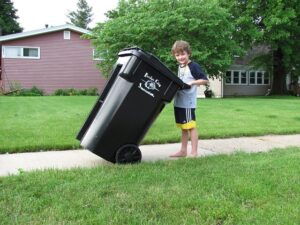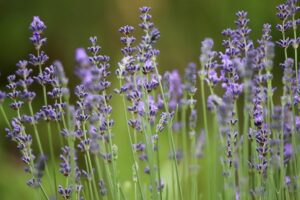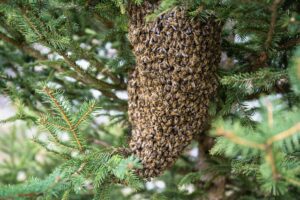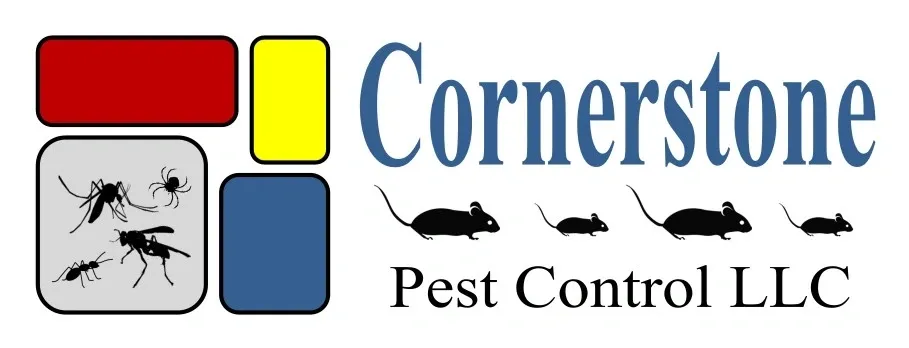Warm weather means more time outside—but unfortunately, you’re not the only one who loves a sunny day. Bees, flies, and other flying pests become increasingly active in late spring and summer, turning your backyard hangout or family barbecue into a swatting spree.
At Cornerstone Pest Control, while we don’t provide professional fly treatments, we know prevention is the best defense when it comes to these airborne nuisances. Here are some smart homeowner strategies to keep bees, flies, and other flying pests from taking over your outdoor space.
 Limit Attractants in Outdoor Spaces
Limit Attractants in Outdoor Spaces
Flying pests are driven by scent. Sugary drinks, uncovered food, and even scented candles can lure bees and flies from far away. To reduce their attraction:
- Keep food covered during outdoor meals
- Clean up spills and crumbs right away
- Use trash cans with tight-fitting lids
- Rinse recyclables before disposal
If you compost, try to keep the pile far from your home’s entry points, and avoid adding sweet or protein-rich scraps in peak pest season.
Seal Points of Entry
 Flies can enter homes through the tiniest of openings. To reduce indoor invasions:
Flies can enter homes through the tiniest of openings. To reduce indoor invasions:
- Repair torn window screens
- Install door sweeps and weather stripping
- Keep doors and windows closed when possible
- Use mesh screens on vents and chimneys
Bees, on the other hand, are often looking for nesting sites. Keep an eye on attics, soffits, wall voids, and even old furniture that’s stored outside.
Maintain Your Yard
A tidy yard is less appealing to pests. Regular maintenance helps eliminate breeding and nesting areas:
- Remove standing water (a major breeding ground for flies and mosquitoes)
- Clear out yard debris like brush piles or unused wood
- Trim back overgrown vegetation and flowering plants near entrances
- Keep pet waste cleaned up, as it attracts flies
Use Natural Deterrents for Flies
 There are several safe, natural ways to make your property less inviting to flying pests:
There are several safe, natural ways to make your property less inviting to flying pests:
- Citrus, peppermint, and eucalyptus oils can repel flies when used in diffusers or sprays
- Planting herbs like basil, mint, and lavender can deter pests and add a pleasant aroma
- DIY fly traps with apple cider vinegar or sugar water can help reduce populations
For bees, remember: they’re beneficial pollinators. If you spot a nest, don’t spray or attempt removal—call a local beekeeper or professional for safe relocation.
Keep It Dry
Moisture control is a critical part of flying pest prevention. Check areas around your property where water tends to collect, such as:
- Gutters and downspouts
- Birdbaths and kiddie pools
- Flowerpot saucers
- Leaky outdoor faucets or hoses
Eliminating excess moisture helps reduce the breeding grounds for both flies and mosquitoes.
Prevention Over Panic with Bees and Flies
 Flying pests are a part of summer, but they don’t have to ruin your time outdoors. A few proactive steps can make a big difference in reducing their presence around your home.
Flying pests are a part of summer, but they don’t have to ruin your time outdoors. A few proactive steps can make a big difference in reducing their presence around your home.
While Cornerstone Pest Control doesn’t offer fly-specific treatments, we’re happy to help with any wasp or bee concerns. Reach out to our team for advice, peace of mind, and professional protection where it counts.
